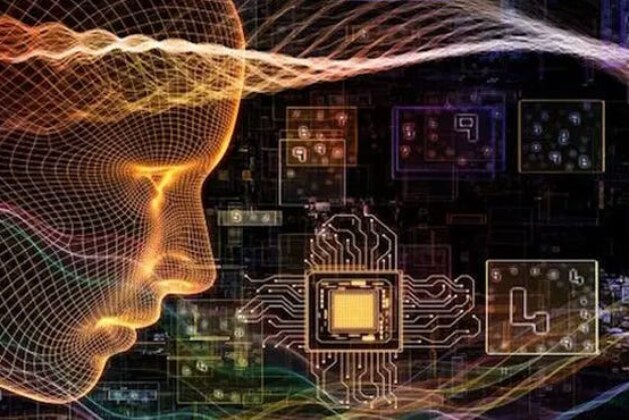Imagine a world where you could back up your mind like a hard drive, upload your thoughts to the cloud, and essentially live forever—minus the whole “biological aging” thing. Sounds like science fiction, right? Well, thanks to quantum computing, we might be inching toward making this wild idea a reality. But is it actually possible, or are we just daydreaming in high-tech sci-fi mode? Let’s break it down.
Table of Contents
The Sci-Fi Dream of Digital Immortality
For decades, books and movies have toyed with the idea of uploading human consciousness into machines. Whether it’s Black Mirror or The Matrix, the notion of escaping our fragile human bodies and living in a digital paradise (or dystopia) has fascinated us. But up until now, the biggest hurdle has been that our brains are incredibly complex, and classical computers simply don’t have the processing power to fully simulate human consciousness.
Enter quantum computing: the futuristic, mind-bending technology that could potentially crack the code of consciousness itself.
Understanding the Quantum Advantage
Before we go all “upload me to the cloud, please,” let’s talk about why quantum computing is different from classical computing. In simple terms:
- Classical computers process information in binary (1s and 0s).
- Quantum computers use qubits, which can be both 1 and 0 simultaneously, thanks to something called superposition (yeah, it’s as crazy as it sounds).
- Quantum computers can perform incredibly complex calculations at speeds that make even the most powerful supercomputers look like they’re running on a potato battery.
Since the human brain operates in a massively parallel and interconnected way, quantum computing might be the only tool capable of replicating the complexity of thought processes, emotions, and memories.
The Big Question: Can We Simulate a Human Mind?
The brain isn’t just a really advanced calculator—it’s a chaotic, unpredictable, soup of neurons firing in all directions, shaped by experiences, emotions, and a hint of existential dread. Unlike a simple data transfer, uploading a consciousness would mean capturing all the subtle nuances of human thought, identity, and self-awareness.
Quantum computers, with their ability to process and store massive amounts of data in a non-linear way, might one day be able to create digital neural networks that function similarly to a human brain. However, even if we could copy our neural pathways, would it really be us—or just an eerily accurate imitation?
The Ethical & Philosophical Headaches
Even if we assume that quantum computers will eventually be powerful enough to upload consciousness, the real question becomes: Should we?
- Would You Still Be “You” in a Computer? – If we upload our minds, are we still the same person or just a digital clone? It’s like making a photocopy of yourself—sure, it looks like you, but is it you?
- Hackers, Glitches, and Digital Nightmares – Imagine living in a world where your consciousness can be hacked. One minute, you’re enjoying your immortal AI life, and the next, someone replaces your memories with cat videos. Not ideal.
- What Happens to the Original “You”? – If we upload our minds, do we continue existing in our bodies, or do we… you know… get “turned off”? The logistics of this whole thing are looking a little dark.
So… Will This Actually Happen?
Quantum computing is making massive strides, but we’re still a long way from turning human consciousness into a downloadable zip file. Scientists are still debating what consciousness is, let alone how to store it. But if history has taught us anything, it’s that today’s science fiction often becomes tomorrow’s reality.
While you won’t be uploading your brain to Google Drive anytime soon, research in AI, neuroscience, and quantum mechanics is moving faster than ever. Who knows? Maybe one day, you’ll read this article from inside your very own quantum-processed digital brain.
Read More: Progress or Stagnation? A Decade of the Gender Pay Gap – Has Anything Really Changed?





믿을 수 있는 안전한 머니상을 찾고 계신가요? 안전한 탑플레이어포커머니상 이용을 원한다면 지금 바로 확인해보세요. https://www.youtube.com/watch?v=zIvyURdarRc
믿을 수 있는 안전한 머니상을 찾고 계신가요? 안전한 탑플레이어포커머니상 이용을 원한다면 지금 바로 확인해보세요. https://www.youtube.com/@eu-amo-bts7
“This is exactly what I was looking for, thank you!”
Nude Model Photo Gallery: https://pix.it.com/